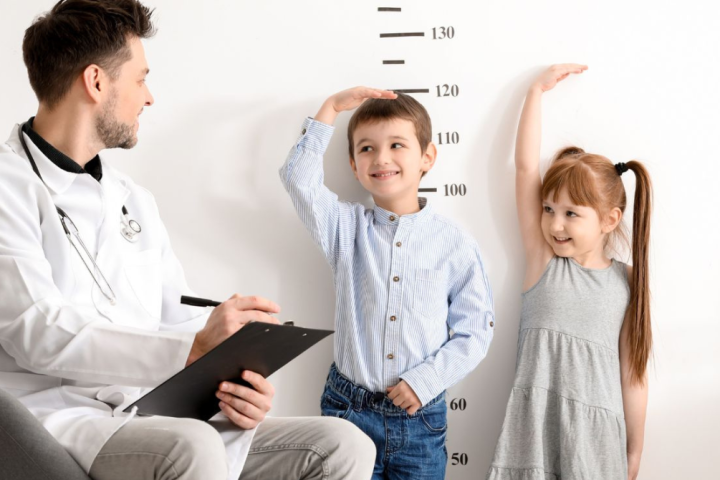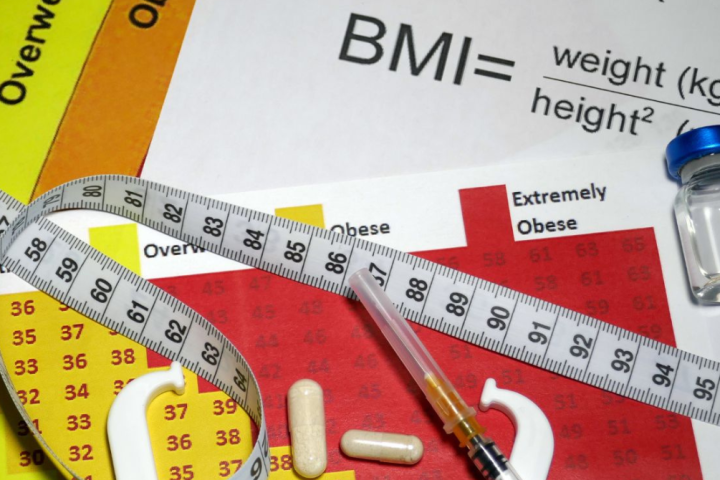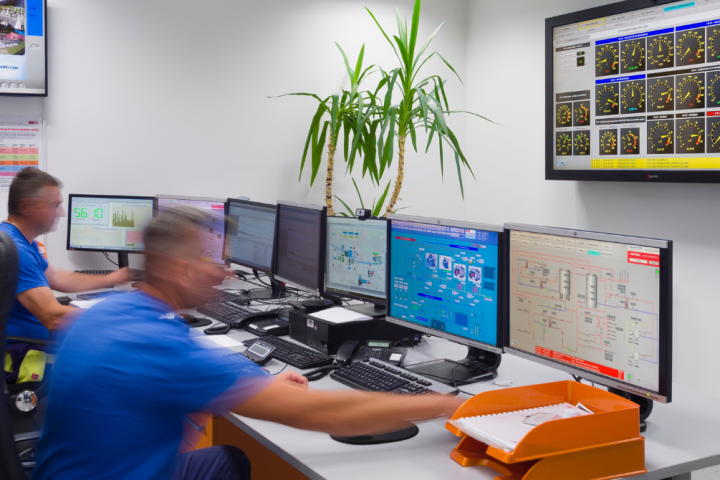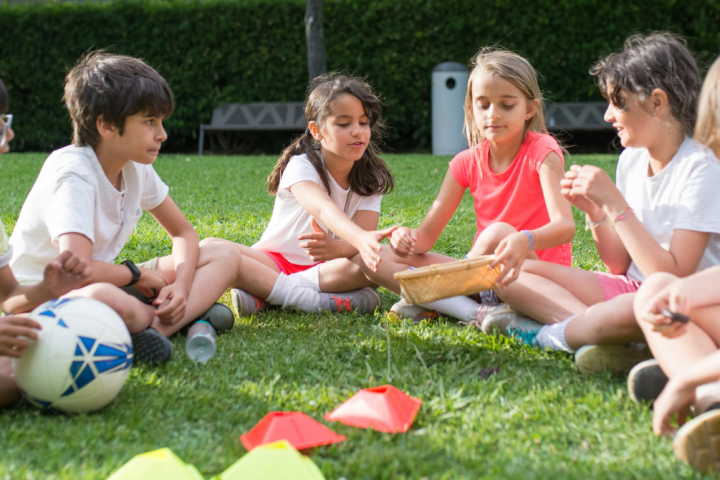News
Customize list
-

The University of Ljubljana will play a key role in establishing the Slovenian Artificial Intelligence Factory
Slovenia has secured European funding for the establishment of a new supercomputer and the Slovenian Artificial Intelligence Factory. The supercomputer will be tailored for building and utilizing artificial intelligence models, while the AI factory will help Slovenian experts create an ecosystem that provides key services for the development and application of artificial intelligence in one place for businesses, research organizations, and the public sector. The University of Ljubljana will play a significant role in this initiative.
-

In Slovenia, the majority of employees from third countries have vocational or secondary education
In Bulgaria and Slovenia, 80% of companies employed workers from third countries, while in Croatia and Slovakia, two-thirds of companies did so, and in Hungary only one-third. The most educated foreign workers were employed by companies in Bulgaria and Hungary, where over 40% of foreign workers held a university degree. On the other hand, three-quarters of foreign employees in Croatian companies had only primary or vocational education, while in Slovenia and Slovakia, this figure was around 60%.
-

Reorganization of Social Work Centers Between Declared and Actual
How successful was the reorganization of Social Work Centers (SWC), implemented in 2018 by the Ministry of Labor, Family, Social Affairs, and Equal Opportunities? The ministry, SWC employees, and users have different opinions. This was found in the doctoral dissertation "Evaluation of the Reorganization of Social Work Centers in the Republic of Slovenia from the Perspective of Selected Public Governance Models" by Dr. Matej Babšek from the Faculty of Public Administration at the University of Ljubljana. This exceptional work earned him the Mzia Mikeladze award, presented by the Network of Institutes and Schools of Public Administration in Central and Eastern Europe (NISPAcee) for outstanding doctoral dissertations in the field of public administration and public policies.
-

10 Steps to a National System for Monitoring the Physical Fitness of Children and Adolescents According to Recommendations from the FitBack Network
In an era where children and adolescents are increasingly exposed to sedentary lifestyles and screen time, the question arises on how to reverse the trend of their continuous decline in physical fitness. A recent study published in the Scandinavian Journal of Medicine and Science in Sports, prominently featuring researchers from the SLOfit team, offers a solution—systematic monitoring of physical fitness at both individual and population levels. There are several such national systems currently in existence—how do they differ? What are their advantages, and where are their limitations? Most importantly, how can we design and establish such a system using the best practices in 10 steps?
-

Almost 2.8 million European funds for innovative student exercise programs
The Ministry of Cohesion and Regional Development has approved almost 2.8 million euros in European funds for the zMIGAJ! program. This program will provide young students with two extra hours of exercise per week, which they will co-create with their teachers. Encouraging regular exercise is essential for young people's health and well-being, especially as they are increasingly exposed to stress, sedentary lifestyles, and digital screens. Regular exercise has been proven to improve mood, self-esteem, concentration, and academic success, as well as promote social bonds, cooperation, and mutual respect.
-

The negative effects of the corona period still burden the development and health of children
They were less physically active, spent even more time in front of screens and slept longer, we all still remember the "new reality" of children and adolescents during the covid closure of society. But - how long-term harmful restrictions and (too) long school closures have really (re)shaped the behavior of our children, is one of the first to reveal a population cohort study based on the Slovenian system for monitoring physical fitness (SLOfit), which has just been published in the prestigious scientific journal The Lancet Regional Health Europe.
-

The DIACOMET Project has Begun: Dialogue Expands Horizons
A new EU-funded project DIACOMET, involving ten European universities, media companies, non-governmental and research organizations, started with a kick-off meeting at Vytautas Magnus University (VMU) in Lithuania.
-

Project »FEATURE«: Far-from-Equilibrium ATtractors at Ultra-Relativistic Energies
One of the grand challenges facing the high-energy physics community is understanding the far-from-equilibrium evolution of quantum chromodynamics (QCD). This new postdoctoral Marie Skłodowska-Curie project, carried out at the Faculty of Mathematics and Physics, will take the critical step to bring theoretical understanding to the level of complexity required for realistic phenomenology, by fully characterizing the properties of the QCD attractor without resorting to simplifying assumptions done in the current preliminary studies. This will be done via the inclusion of fermionic degrees of freedom and by relaxing simplifying spatial symmetries.
-

New method for predicting adult height
Researchers from Jožef Stefan Institute and Faculty of Sport, University of Ljubljana, developed a new method for predicting adult height of children and adolescents. The method uses large population data collected in the framework of the SLOfit program over decades. It compares the growth curve of a child with those of the most similar individuals and substantially outperforms the existing height predicting methods.
-

Chronic disease risk prediction with artificial intelligence
Project SmartCHANGE - an innovative solution for drastically reducing the risk of chronic non-communicable diseases.
Although the future may seem like something we can only speculate about, the Jožef Stefan Institute, in collaboration with the SLOfit research group of the Faculty of Sport of the University of Ljubljana, within the Horizon Europe program, is starting to develop an innovative solution that would enable better prediction and drastic reduction of the risk of developing chronic non-communicable diseases (NCDs; e.g. cardiovascular and metabolic diseases, various forms of cancer) with the help of artificial intelligence. -

The innovative solutions for the use of flexibility in the power system
The increasing share of renewable distributed energy resources (DERs) in the power system is becoming a key for the decarbonization of the European energy sector and thus achieving the EU's energy and climate change policy objectives. The variability and uncertainty of the DERs generation present significant risks and challenges related to the stability and reliability of the entire interconnected European power system, as well as national and even small local networks while opening new opportunities for the development of new energy concepts and solutions.
-

Reintroduction of the Healthy Lifestyle Intervention could radically boost the post-corona recovery of capacities in Slovenian youth
A newly published study by the SLOfit group at the Faculty of Sport of the University of Ljubljana has shown that interventions for increasing physical activity, such as the Healthy Lifestyle Intervention in Slovenian schools, are vital for preventing childhood obesity in developed countries.
-

Slovenian project SLOfit is the E+ SPORT #BeActive Across Generations Award Winner 2022
The SLOfit project - Lifelong monitoring of physical fitness, developed at the Faculty of Sport University Ljubljana, was selected by an expert jury in Brussels as the winner of the E+ SPORT #BeActive - Across Generations Award 2022, dedicated to recognizing the best European projects that promote a regular exercise and ensure easier access to sport and physical activity for all generations.
